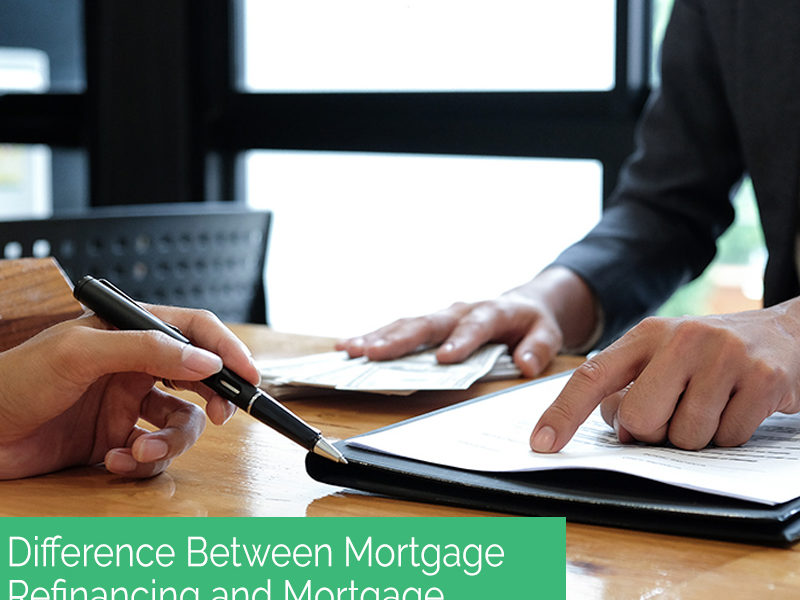Loans taken through referrals of Canadiancashsolutions will be subject to credit and underwriting approvals. Canadiancashsolutions is a leading mentor company and not a lender. Canadiancashsolutions only works with financial service providers that adhere to Canadian laws and regulations. Loans disbursed are from $500-$35,000 with terms from 4 months to 60 months or longer. APRs expand from 2.99% to 46.96% and will depend on our lending partner's assessment and evaluation of your credit profile. For instance, on a $500 loan amount to be paid over a period of 9 months, a borrower will pay $81.15 per month totalling $730.35 over a period of 9 months (Optional loan protection policy included). An insufficient fund fee of $45 will be charged per missing payment ( fee may vary depending on the lender). Failure of any sort shall lead to termination of the payment plan. For recovery of the remaining amount, collection methods will be used.
Fair recovery and collection practices are employed by our partners.
Note: Canadian Cash Solutions and its affiliates will never ask or charge you any pre-qualification or application fees. Canadian Cash Solution is not a lender but a leading referral company in the finance industry. Canadian Cash Solutions and all of its financial partners adhere strictly to Canadian laws and regulations. To protect yourself, read more on this topic here.
What’s the Difference Between Mortgage Refinancing and Mortgage Renewal?

Canadian home mortgages are not usually paid off during the life of the term itself. One reason behind this is that the lenders tend to amortize the loan for a specific period such as between 15 to 30 years. When loaning from a Canadian bank, the longer allowable loan term is only ten years.
And because of this, homeowners who seek financing using traditional mortgaging channels will be applying for mortgage renewal at one point. However, there are some homeowners who prefer mortgage refinancing as opposed to renewal at the end of the term of their loan. With that said, it is important that you understand what the difference is between mortgage refinancing and mortgage renewal.
How Does Mortgage Refinancing and Mortgage Renewal Differ?
Mortgage renewal, as the name suggests, is quite straightforward. Basically, if you are unable to pay off your loan completely by the term ends, you can renew the deal without the previous rate being affected.
Mortgage refinancing is different. Refinancing means that you will be applying for a different kind of mortgage over the existing one. You don’t even have to wait until the term of your previous loan is over because you can apply for mortgage refinancing any time you want. Refinancing lets you study the various interest rates as well as amortization features that you can take advantage of.
When Should You Refinance Your Mortgage?
Mortgage refinancing can appeal to various homeowners. A good example, Is when you take out a loan where the interest rate is higher than your current rate. Of course, you will want to take advantage of the lower interest rate at this point. If your previous mortgage rate is at 5.5% and still has a few years left on your term, you may decide to apply for mortgage refinancing for the maximum length of your current term, especially if you are not planning on paying your loan early.
Applying for a low rate for the next ten years may mean that you will be paying for a penalty because of early payment. On the other hand, if you are able to generate more money in the next ten years, you can keep it in the bank to earn some interest.
Another reason for you to apply for mortgage refinancing is when you have several debts that have high-interest rates such as in the case of your credit card. When you refinance with a longer mortgage repayment, it will be easier to pay off your existing debts faster.
Apply now if you want mortgage refinancing or mortgage renewal with us.
You can also follow us on Social Media:
Twitter – https://twitter.com/cancashsol



